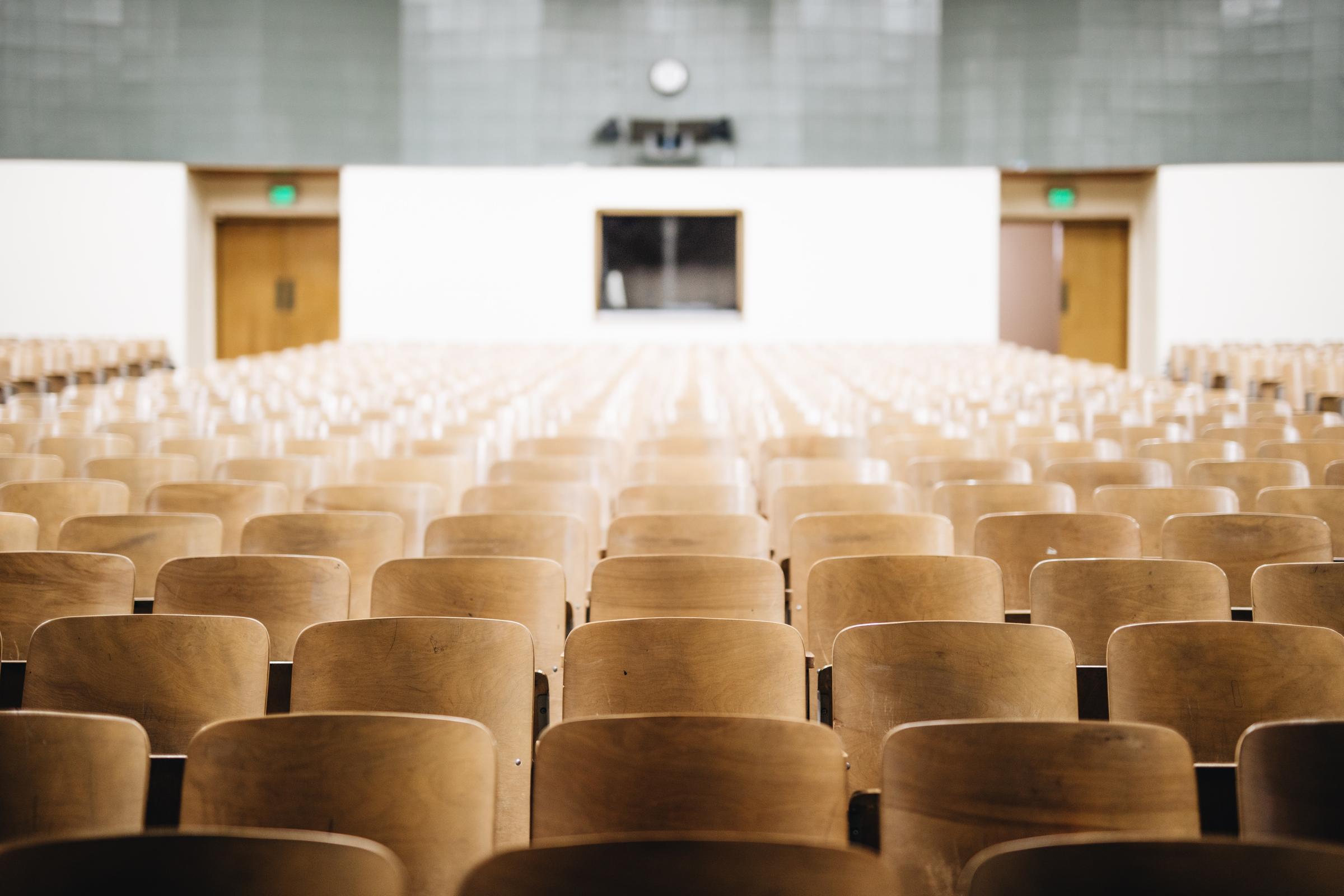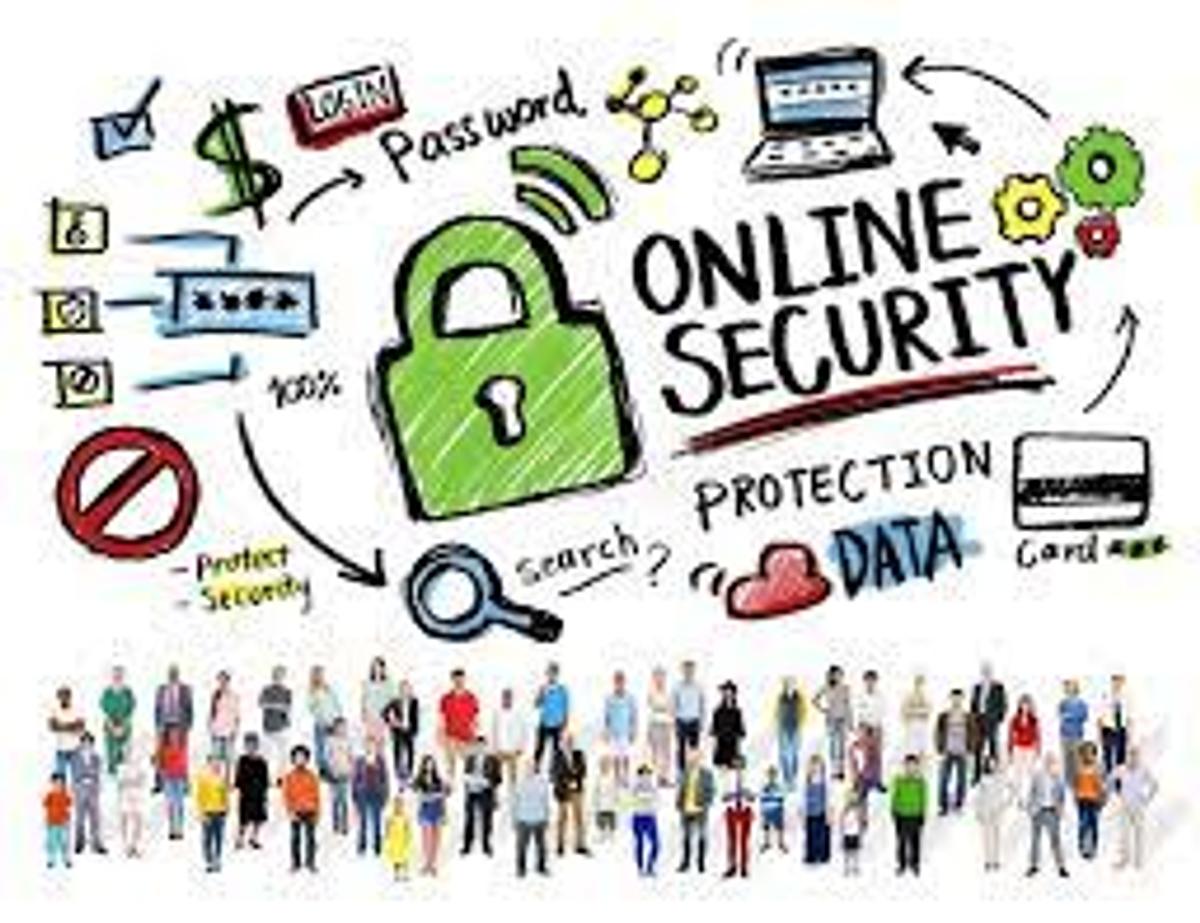Keeping our students safe online

Keeping Our Children Safe
One role of teachers and parents is to keep our children and adolescents safe. The need for safety extends beyond school boundaries. As modern parents, we must ensure that our children are safe online and that material they access is helpful, safe and beneficial. There is much online that is harmful to children and young people.
As parents we would never allow our children to go somewhere dangerous or meet up with dangerous strangers, but it is easy to forget that via the worldwide web, there exists the potential for children to access harmful material, often unauthorised and created by people with subversive agendas. These extend beyond just pornography or gambling, as unhelpful as research indicates these things can be. There is a lot of research available on neuroscience and the impact of social media, gaming and loss of sleep to mention a few. In my view, we need to be just as cautious (age-appropriately) around our children’s online access.
Calrossy is conscious that we provide devices for children to assist their learning, and with that comes the need for education and guidance. Whilst devices are monitored at school, we encourage parents to have conversations around home use of computers, phone use and what is accessed outside Calrossy. Our goal is to promote healthy attitudes and responsible use, supporting our children to grow to be healthy and well-formed adults. How this is done depends on age but I strongly believe that even teenagers require some guidance and accountability.
The Australian Government has responded to this in appointing an eSafety Commissioner and developing excellent resources for parents and families to use.
These can be accessed via: https://www.esafety.gov.au/parents
Below are some tips developed by Calrossy IT in using devices in the home:
Tips for Parents on Monitoring Children’s Internet Usage at Home
The School provides students from Years 6 to 12 with a laptop that they may take home in order to facilitate positive learning experiences and provide them with the tools they need to learn. At school, student internet and device usage is monitored by a variety of systems including internet monitoring software. Some parents have asked if there are things they can do to ensure the safety of their children when online at home.
Below is a list of things that families may like to consider whilst students are using devices in the home.
- Encouragement of children to use devices in common areas of the house so that parents can visibly monitor the use of devices by their children.
- Router-level filtering: Most routers have some basic level of parental control built in, but there are also more advanced routers that offer these features and purpose-built routers specifically for filtering.
- Router add-on options are also available which are essentially boxes that plug into the home router that handles the filtering, controlled by a smartphone app, such as Circle.
- Apple does also offer a level of control via Family Sharing on all Apple devices. It can, to an extent, limit adult websites, can set time limits on how long your children can use certain apps and parents can view your child’s recently visited websites. NOTE: It does somewhat limit the support IT can provide to the device at times, however, as we aren’t privy to the lockdown passwords. If this is set Calrossy IT may need to contact parents for passwords before we can assist with certain computer issues. More information on setup can be found here: https://support.apple.com/en-au/guide/mac-help/mchlc5595037/mac
Whilst we are unable to assist every family with their individual home set-ups, we are happy to provide this general advice on things you may be able to do to assist with your children’s internet usage at home.
We look forward to continuing to work with you to provide the tools that assist in your child having all the opportunities they need to be successful in their learning journey at Calrossy.
“Brothers and sisters, whatever is true, whatever is noble, whatever is right, whatever is pure, whatever is lovely, whatever is admirable—if anything is excellent or praiseworthy—think about such things. Whatever you have learned or received or heard from me, or seen in me—put it into practice. And the God of peace will be with you.” Philippians 4: 8 - 9
David Smith
Principal


